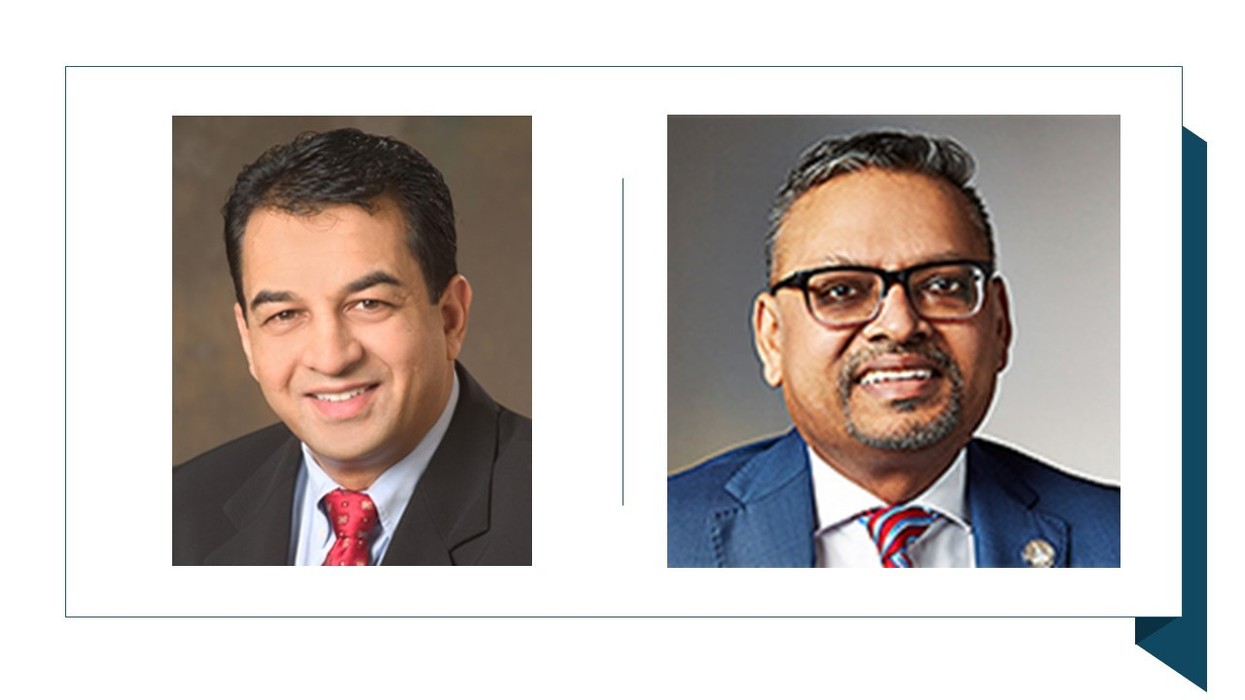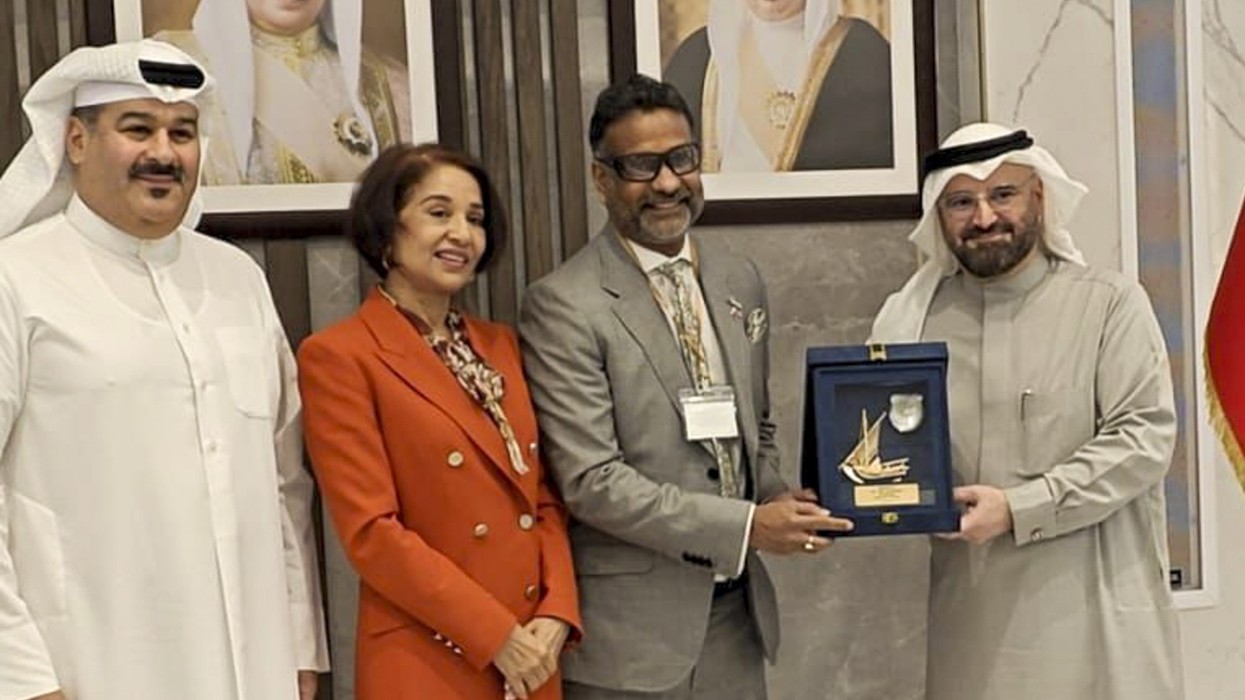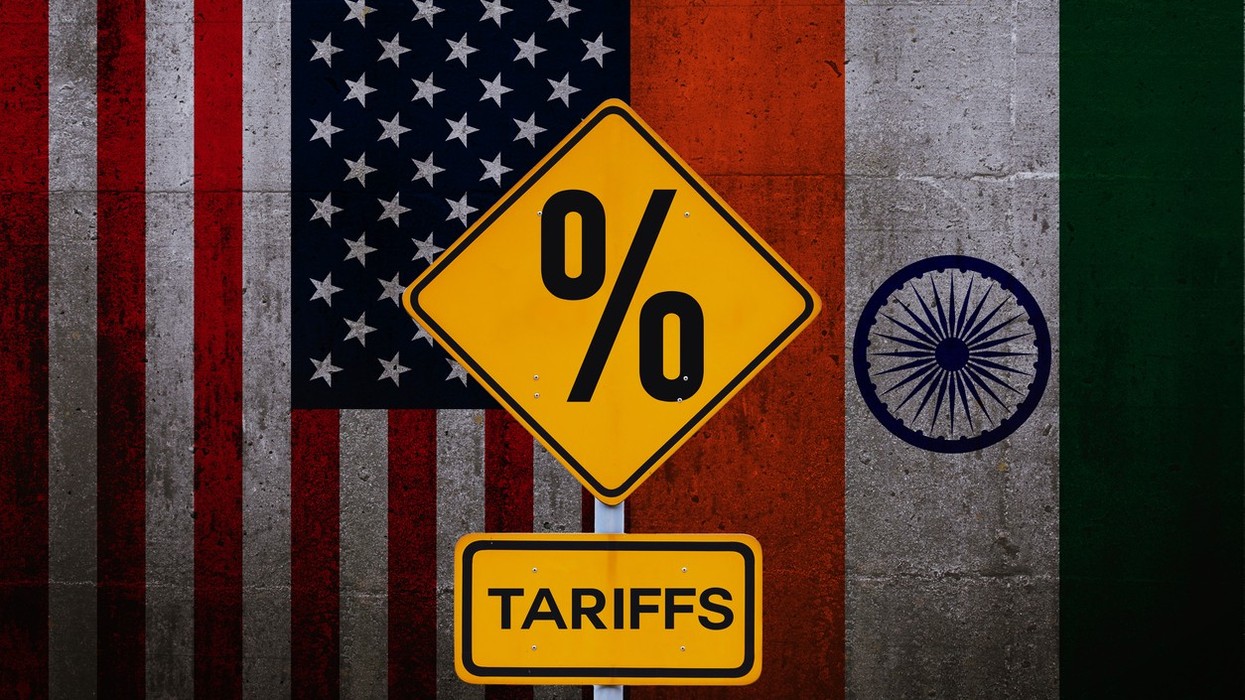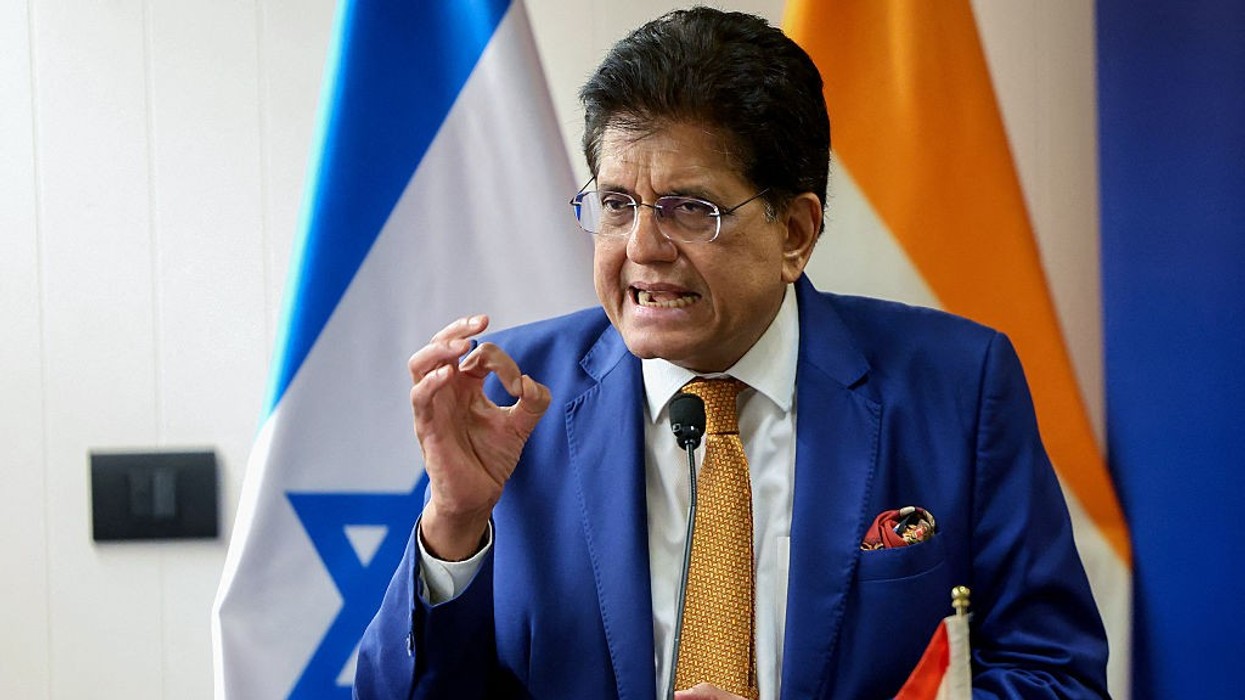PAKISTAN PEOPLES PARTY chief Bilawal Bhutto-Zardari told a British TV channel that Islamabad had backed terror outfits in the past and paid a heavy price.
The former foreign minister said this to Sky News on Thursday (1) when queried about Pakistan's defense minister Khwaja Asif's controversial remark last week.
Asif had said Pakistan had trained and funded extremists for decades to do the West's “dirty work”, referring to the war against the Soviet occupation in Afghanistan and war against terror after the 9/11 terror attacks.
The PPP leader's remarks come amid heightened tension between India and Pakistan after terrorists killed 26 people, mostly tourists, in Jammu and Kashmir's Pahalgam on April 22.
When asked whether he agreed with Asif's claim, Bhutto-Zardari said, “I don't think that it's a secret that Pakistan has a past as far as extremist groups are concerned.
"And as a result of this, we have suffered. Pakistan has suffered. We've gone through wave after wave of extremism.
“We went through the Islamization and militarization of our society. But as a result of what we suffered, we also learnt our lessons.
"We've gone through internal reforms in order to address this problem, not only for us, but also the concern of the international community,” Bhutto-Zardari, the former foreign minister, said.
Recalling that his mother, former prime minister Benazir Bhutto was killed in a terror attack, the leader of the PPP, which is part of the ruling coalition at the federal level, said, “As far as Pakistan's history is concerned, it is history. ... It is true that it's part, it is an unfortunate part of our history.”
“We're not alone in this history,” he said and went on to describe how and what Pakistan did “in coordination and collaboration with Western powers” and how Pakistan “worked together with the United States and the international community to combat these terrorist groups.”
When asked about his recent remark that 'either the water flows or their blood flows' after India announced suspension of the Indus Water Treaty, he clarified he was not advocating bloodshed.
He said India has unilaterally and illegally announced its exit from the Treaty, but said, “It is certainly not my intent ... nor my statement was... certainly not advocating for bloodshed.”
“But as the Government of Pakistan had stated in their reaction to this decision, that it would be considered an act of war.
"And as you're well aware, when war happens, happens, blood does flow. We do not want war. We seek peace. We've been seeking to engage with India for some time,” he added.
The Indus Water Treaty is a key accord signed in 1960 that decided the use of the waters of six rivers in the Indus basin between India and Pakistan.
A day after the Pahalgam attack, India announced a raft of punitive measures against Pakistan as it suspects cross-border links to the massacre.
Prime minister Modi on April 29 told India's top defence brass that the armed forces have “complete operational freedom” to decide on the mode, targets, and timing of India's response to the Pahalgam attack.
On Wednesday (30), India also closed its airspace for flights operated by Pakistani airlines.
There are no direct flights between the two countries, but Pakistani airlines use Indian airspace for their flights to Singapore, Malaysia, and other East Asian countries.
Pakistan had earlier shut its airspace for Indian carriers.
Airlines in India use Pakistani airspace to fly to the Gulf countries, North America (USA & Canada) and Europe.














